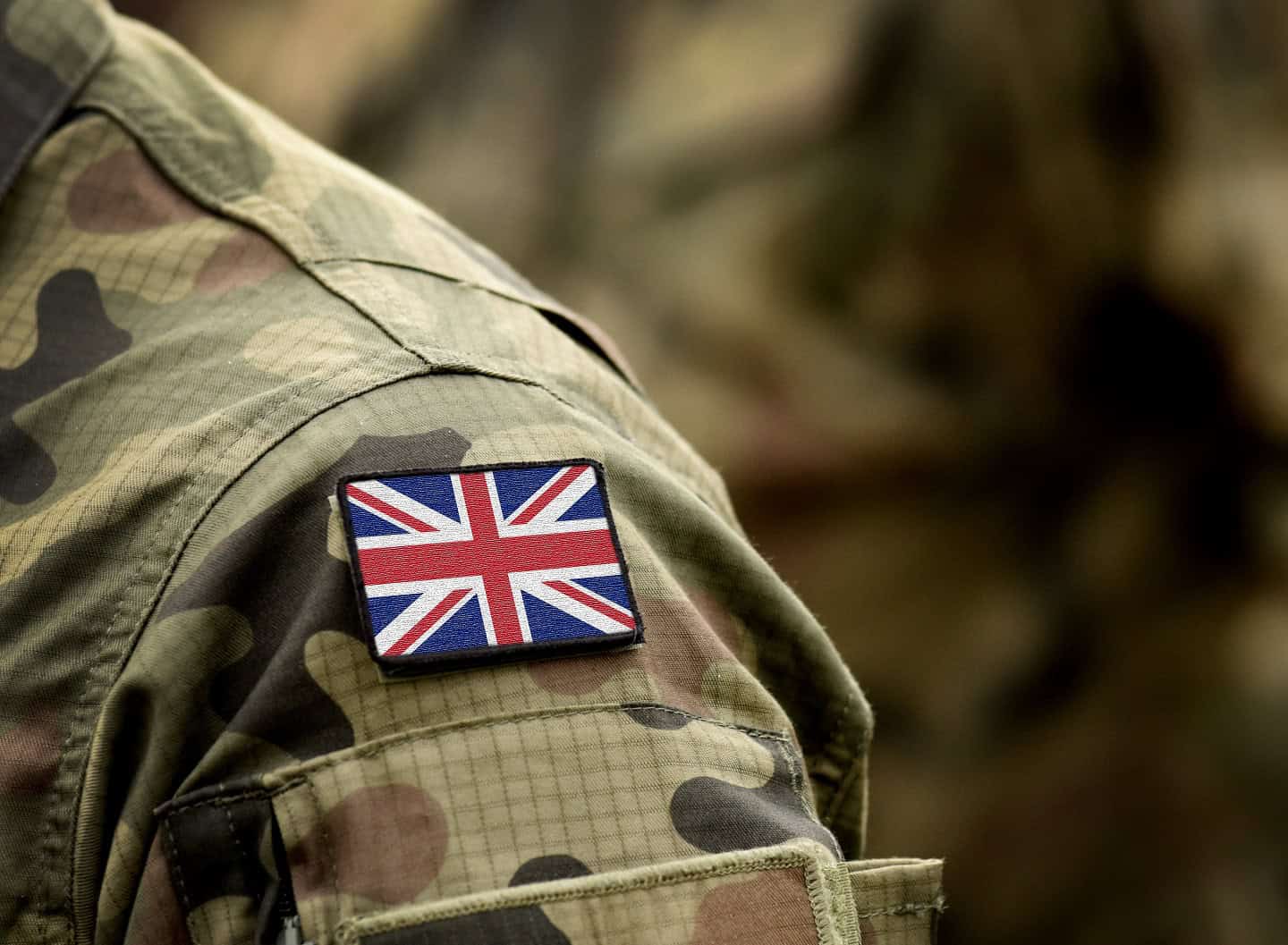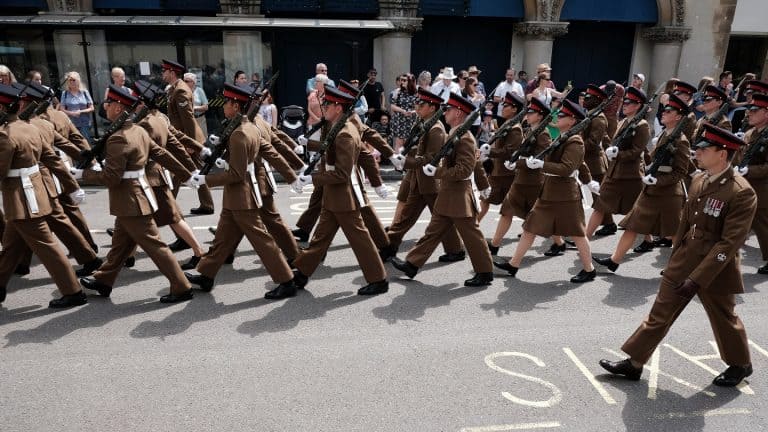
Non-Freezing Cold Injury (NFCI) Success Story
We often act for clients who have suffered multiple injuries during the course of their service. Achieving settlements to ensure an individual’s future needs are met and understanding what evidence we need to do this effectively is incredibly important. I have been fortunate enough to be involved in some fantastic settlements for our clients and would like to share one with you.
Background – NFCI
Our client (who shall be known as ‘Rawand’ for the purposes of this article) suffered a Non-Freezing Cold Injury (NFCI). If you would like information on what an NFCI is please see here.
Rawand served in the Army and was deployed to Otterburn for a 4 week exercise during the winter months, with temperatures dropping below freezing, as low as -2°C to -5°C. The exercise course was poorly run, with little training, poor shelter or appropriate clothing. In addition Rawand was not informed that if you are African/Caribbean/Pacific-Islander then you are at a higher risk of developing a NFCI.
Rawand sustained a NFCI whilst on exercise because part of his role involved working outside in cold and windy conditions for long periods of time. His complaints of his symptoms were ignored, with no action taken. Months later Rawand sustained a further NFCI when he was deployed on an exercise which involved playing the enemy during the winter months.
Unfortunately, Rawand also sustained a back injury during another exercise. He was diagnosed with a stress fracture in the lower part of his spine which was caused by hitting his back against a metal bar whilst sitting in the back of a truck (without seats or seatbelts) which drove over rough terrain for 2-3 hours.
At the time he approached our Firm, Rawand was suffering from pins and needles, numbness and pain in his hands and feet, in addition to back pain. The back pain significantly affected Rawand’s mobility. As a result of his NFCI and his back injury, Rawand was medically downgraded and subsequently medically discharged from the Army. He was suffering physically and the effect of his symptoms and the loss of his career had a significant impact on him. His marriage broke down and his mental health suffered considerably.
Upon instructing our team to act for him, we immediately began the process of collating evidence in relation to the circumstances of Rawand’s injuries and obtained medical evidence confirming the extent of his injuries and their cause.
Our case was that the MOD had negligently exposed Rawand to a foreseeable risk of harm both of NFCI and his back injury, which could have been easily avoided with proper training, equipment and safeguards in place.
The MOD initially denied liability and the claim for his loss of career was rejected. Rawand was considered to be at fault for his injuries. As a result we commenced preparations to proceed to a Trial of Rawand’s case at the High Court. Before we got to that point, however, we were able to have an open discussion with the MOD at a Joint Settlement Meeting (JSM). A JSM is a meeting which takes place between both legal parties to attempt to resolve the issues and agree to a settlement figure which means that the client’s case can be settled without the need for a Trial or going to court. In some cases settlement is not reached and the case proceeds to trial.
In the lead up to the JSM for Rawand’s case we were with him every step of the way. We made sure he had regular contact with us and his barrister and he was provided with the opportunity to ask any questions he had. In liaison with his barrister, we also advised Rawand in advance of the meeting on the type of settlement figures he should expect to achieve.
Due to the COVID-19 pandemic, we co-ordinated the whole settlement meeting to take place over Zoom. This was a first for us, but with careful organisation, we were able to make it work well.
The JSM commenced at 10:00 AM and eight unnerving hours later we were able to secure a fantastic settlement for Rawand of £500,000.00.
It was a great result for Rawand because he was able to have the weight of the case lifted off his shoulders so he could focus on living his life and finding new employment. The compensation gave him financial security and reassurance to both him and his family. The compensation will allow him to put himself in the same financial position he would have been if he had not sustained his injuries whilst serving in the Armed Forces.
If you would like more information on whether you can pursue a NFCI claim see my colleague Hannah Swarbrick’s blog or contact a member of our team for some advice, we would be more than happy to speak to you.










